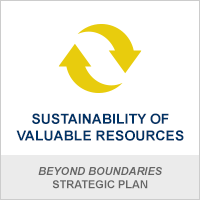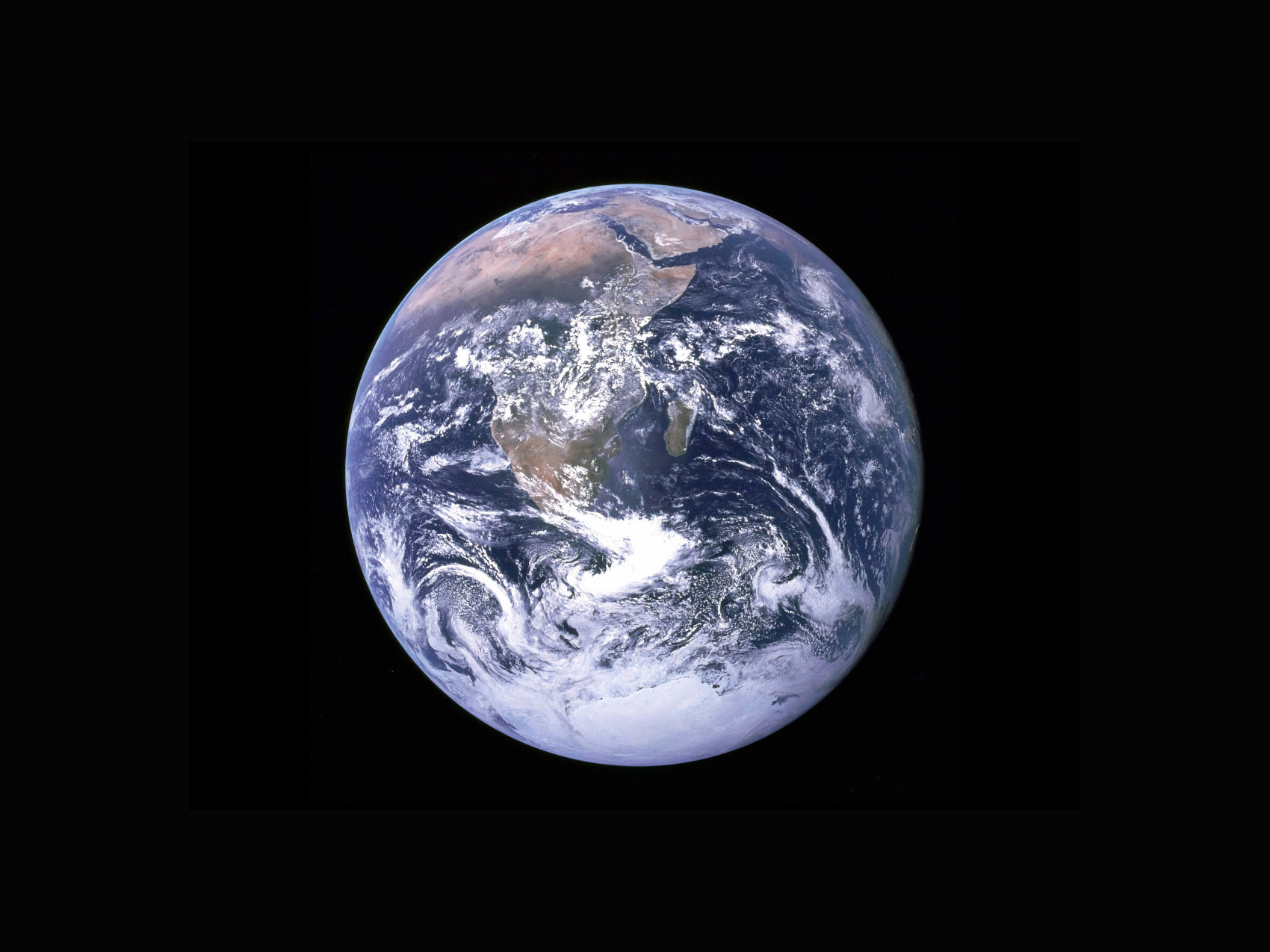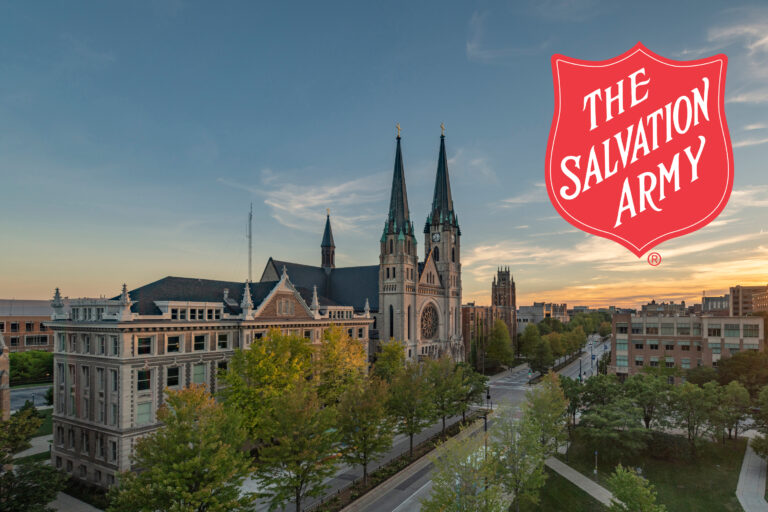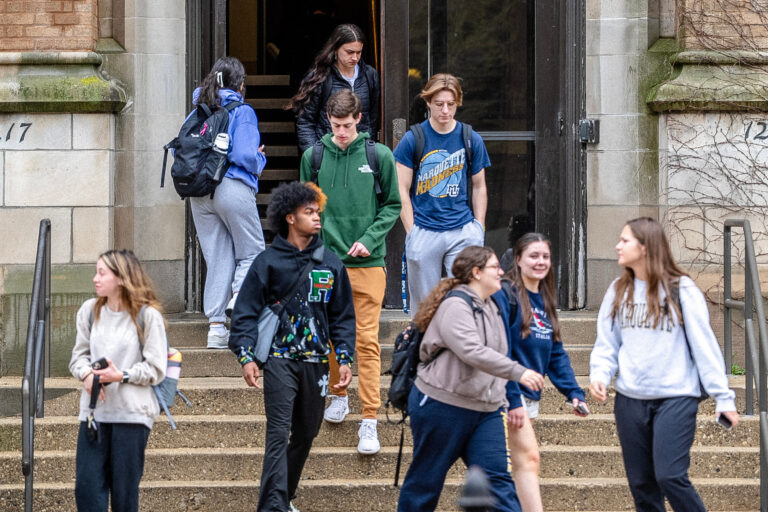 This April, take part in a common read of Robin Wall Kimmerer’s best-selling book, “Braiding Sweetgrass: Indigenous Wisdom, Scientific Knowledge and the Teachings of Plants.”
This April, take part in a common read of Robin Wall Kimmerer’s best-selling book, “Braiding Sweetgrass: Indigenous Wisdom, Scientific Knowledge and the Teachings of Plants.”
Dr. Robin Wall Kimmerer is a SUNY Distinguished Teaching Professor of Environmental Biology and the founder and director of the Center for Native Peoples and the Environment. In addition to “Braiding Sweetgrass,” she also is the author of “Gathering Moss: A Natural and Cultural History of Mosses.” She is an enrolled member of the Citizen Potawatomi Nation.
Hosted by the Sustainable Marquette ERG and open to all Marquette faculty and staff, the common read will open a shared intellectual experience and give us an opportunity to reflect together about how to care for our common home.
Free copies of the book will be available to the first 15 Marquette faculty or staff to register for a book discussion. Copies can also be purchased from the following local booksellers, the bookstore of your choice, or borrowed from your local library.
- Book Marq
- Boswell’s Books
At the end of April, join us for a lively brown-bag discussion of the book, sharing observations and considering how Dr. Kimmerer’s wisdom can help us carry on during the Anthropocene.
Register today to save your place at one of the discussions:
- April 26, noon-1 p.m., AMU 313
- April 28, noon-1 p.m., virtual (Teams)
As a botanist, Kimmerer has been trained to ask questions of nature with the tools of science. As a member of the Citizen Potowatami Nation, she embraces the notion that plants and animals are our oldest teachers. In “Braiding Sweetgrass,” she shows us that the awakening of a wider ecological consciousness requires the acknowledgment and celebration of our relationship with the rest of the living world. For only when we can hear the languages of other beings are we capable of understanding the generosity of the earth and learning to give our own gifts in return.



